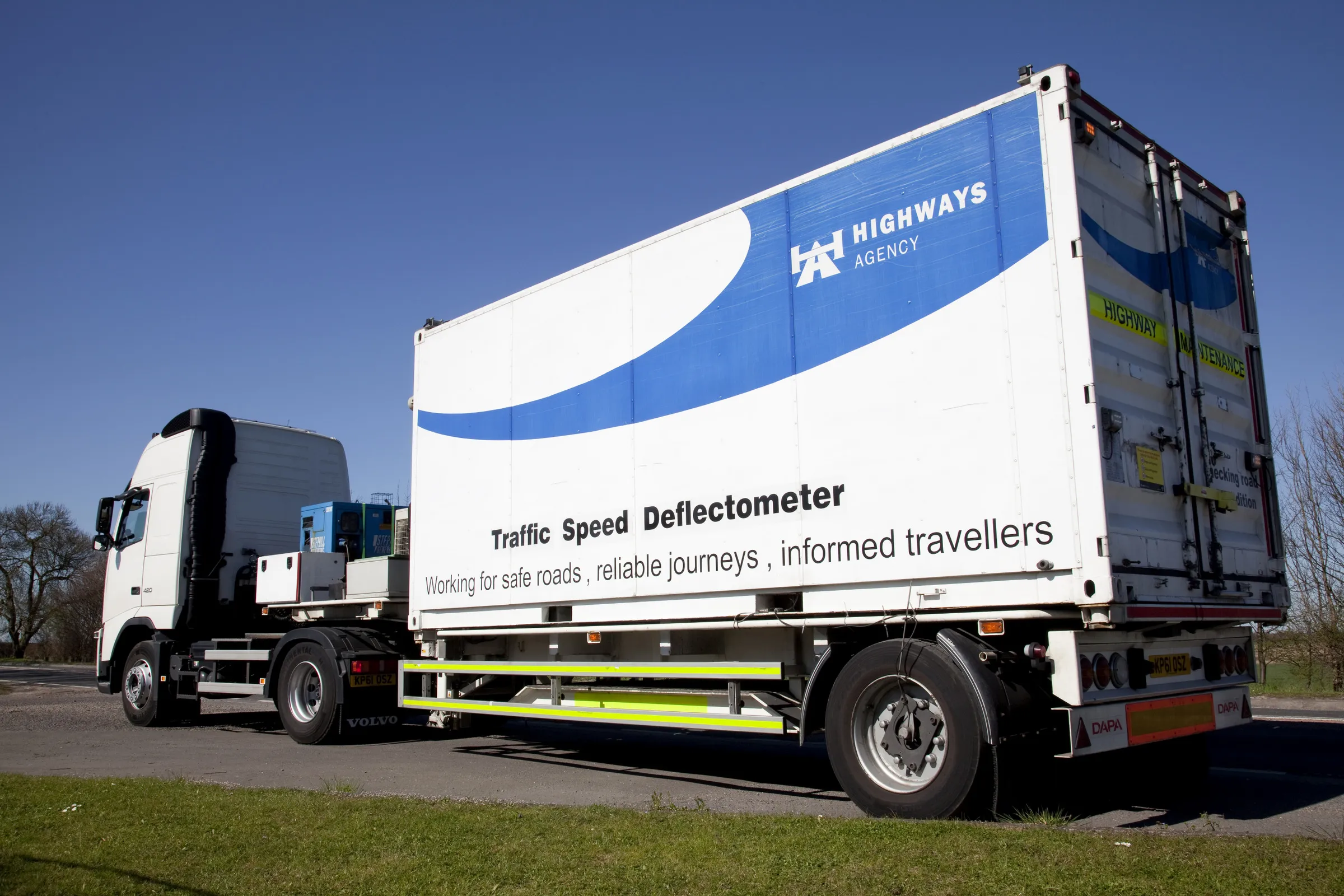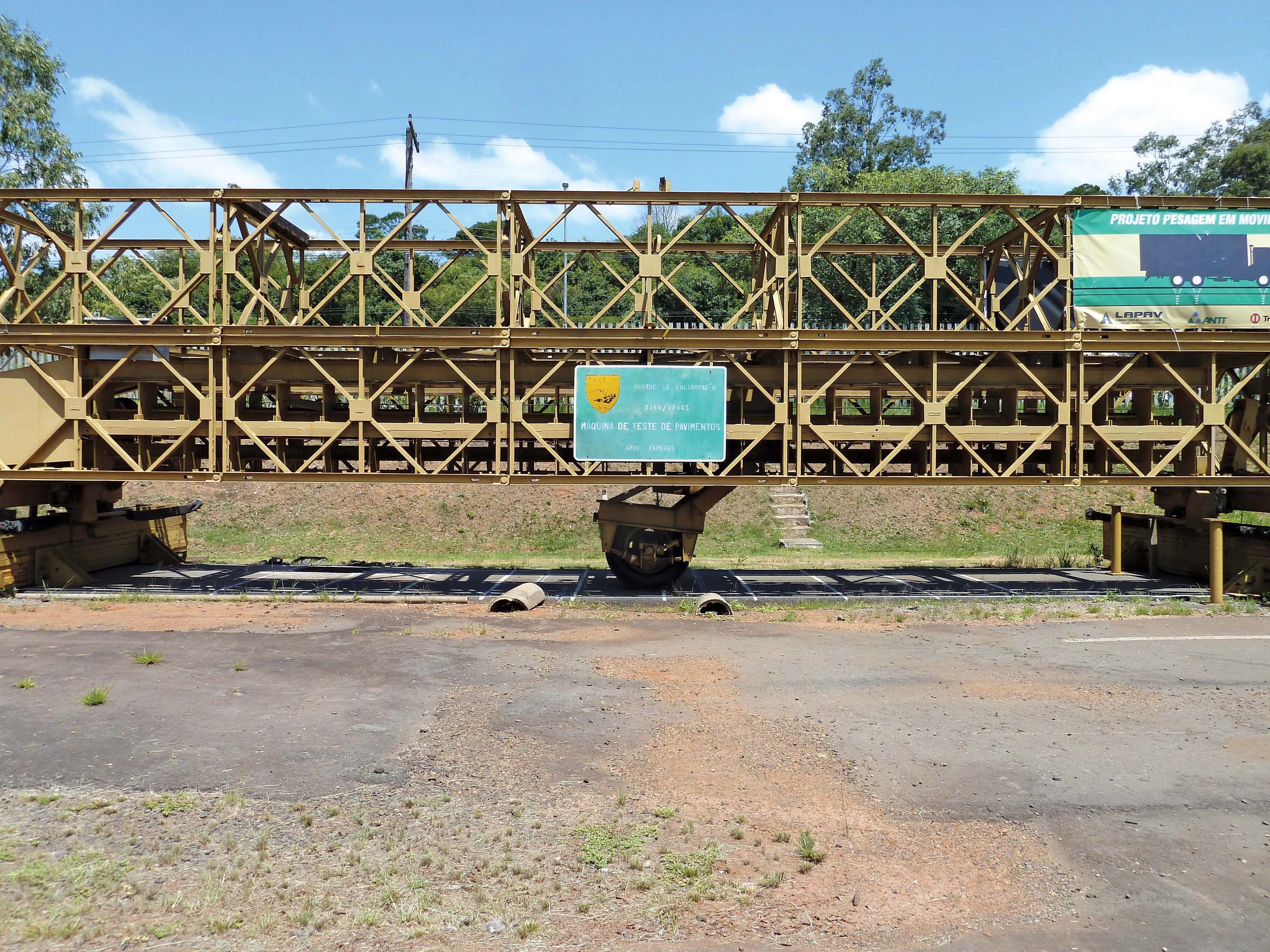Leeds City Council in the UK has placed a contract with Siemens to provide a new city-wide IP-Communications network that will initially be used for a new urban traffic management control (UTMC) system and offers future expansion capability to support both CCTV as well as the extension of UTMC to more than 1,000 sites.
March 19, 2012
Read time: 2 mins
Leeds City Council in the UK has placed a contract with 1134 Siemens to provide a new city-wide IP-Communications network that will initially be used for a new urban traffic management control (UTMC) system and offers future expansion capability to support both CCTV as well as the extension of UTMC to more than 1,000 sites.
The UTMC system in Leeds controls around 400 signals in Leeds and Calderdale and is key to keeping traffic moving through the busy city. Reliable communications are crucial, but to date this has come at a significant cost in terms of fixed communication lines. This project will maximise the benefits of new IP communication and IP compatible traffic signal equipment.
According to Gary Cox, product sales manager at Siemens, the proposed solution is extremely cost effective to install and offers considerable flexibility and scalability. With the ongoing cost of ownership being a key factor, the chosen technologies offer both reliability and reduced operating costs. ‘We are confident that the design has the potential to reduce future revenue costs by more than two thirds of the current revenue spend,’ he said.
Using specialist suppliers in the north-east of England, Siemens has contracted Leeds based4035 SCD for new DSL based circuits and fibre optic equipment and 4038 IDT for the manufacture and supply of wireless equipment.
The project will make use of the latest advances in the communications industry. A private core of DSL circuits will provide the backbone to the solution with 3G and wireless technologies being used where the detailed design determines the required performance criteria can be achieved.
Siemens started surveying the traffic signal sites in February, with completion of the 400 site programme expected in January 2013.
The UTMC system in Leeds controls around 400 signals in Leeds and Calderdale and is key to keeping traffic moving through the busy city. Reliable communications are crucial, but to date this has come at a significant cost in terms of fixed communication lines. This project will maximise the benefits of new IP communication and IP compatible traffic signal equipment.
According to Gary Cox, product sales manager at Siemens, the proposed solution is extremely cost effective to install and offers considerable flexibility and scalability. With the ongoing cost of ownership being a key factor, the chosen technologies offer both reliability and reduced operating costs. ‘We are confident that the design has the potential to reduce future revenue costs by more than two thirds of the current revenue spend,’ he said.
Using specialist suppliers in the north-east of England, Siemens has contracted Leeds based
The project will make use of the latest advances in the communications industry. A private core of DSL circuits will provide the backbone to the solution with 3G and wireless technologies being used where the detailed design determines the required performance criteria can be achieved.
Siemens started surveying the traffic signal sites in February, with completion of the 400 site programme expected in January 2013.









